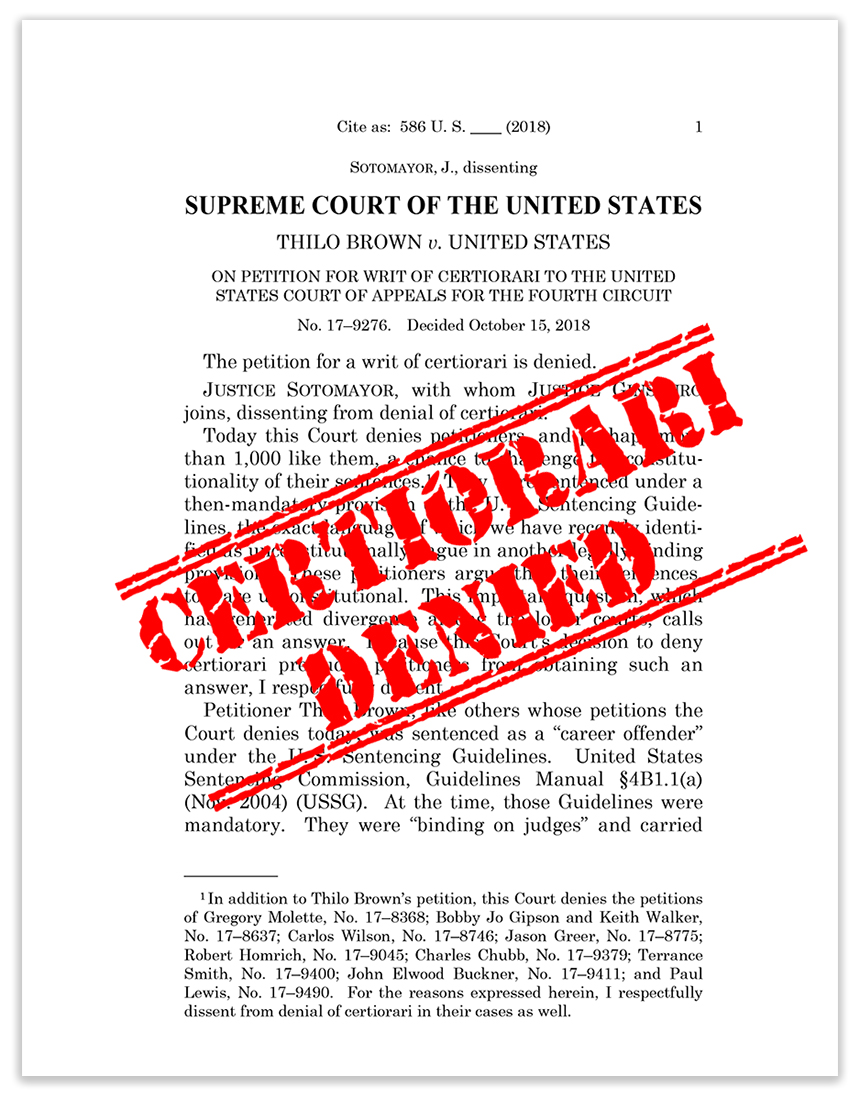We post news and comment on federal criminal justice issues, focused primarily on trial and post-conviction matters, legislative initiatives, and sentencing issues.

A SOBERING REPORT ON HALFWAY HOUSE AND HOME CONFINEMENT

As Congress is on the verge of passing FIRST STEP Act, a prison reform measure which will let inmates earn substantially more halfway house or home confinement time for successfully completing programs that cut recidivism, the reality is that the BOP’s halfway house and home confinement programs needed to implement the Act may be dead on arrival.
Politico reported last week that even while inmate transfers to transitional housing (halfway house) have been delayed by many weeks and months, scores of halfway house beds lie empty (with some estimates of at least 1,000 vacant spaces) and home confinement has been drastically curtailed.
Just before he unexpectedly resigned last spring, BOP Director Mark Inch told Congress the agency is curbing transitional housing overspending of past years and streamlining operations. Yet, halfway house and home confinement are much cheaper than imprisonment: in 2017, the BOP reported it spent almost $36,300 a year to imprison an inmate, $4,000 more than the cost of halfway house placement. It costs a mere $363 a month to monitor someone on home confinement.
 Politico argued that “abandoning transitional supervision aligns with Attorney General Jeff Sessions’ disputed opinion that reduced prison populations during the Obama administration are to blame for a small uptick in violent crime.” But Sessions’ policies are running headlong into those of President Trump, who has endorsed the FIRST STEP Act, which not only lets inmates earn significant additional halfway house/home confinement time for successful programming, but also directs that the BOP shall “to the extent practicable, place prisoners with lower risk levels and lower needs on home confinement for the maximum amount of time permitted…”
Politico argued that “abandoning transitional supervision aligns with Attorney General Jeff Sessions’ disputed opinion that reduced prison populations during the Obama administration are to blame for a small uptick in violent crime.” But Sessions’ policies are running headlong into those of President Trump, who has endorsed the FIRST STEP Act, which not only lets inmates earn significant additional halfway house/home confinement time for successful programming, but also directs that the BOP shall “to the extent practicable, place prisoners with lower risk levels and lower needs on home confinement for the maximum amount of time permitted…”
In 2015, more than 10,600 federal prisoners were in halfway houses. The number of inmates in home confinement — 4,600 — was up more than a third from the year before. In all, 7.1% of BOP inmates were in transitional housing. Since then, halfway house population has dropped by 28% and home confinement is in freefall, down 61% to 1,822. Most of that cut has happened in the last year. Now only 1 in 20 people under federal supervision is in transitional housing.
Judge Ricardo S. Martinez, who chairs the Committee on Criminal Law of the Judicial Conference of the United States, complained that “we are in the dark about those numbers.” He said the committee is working to establish better communication with the BOP, because, as Politico put it, “federal judges, who can sentence defendants to halfway houses, need to know how much space is available.”
Politico, President Trump Says He Wants to Reform Prisons. His Attorney General Has Other Ideas (Oct. 25, 2018)
83 Federal Register 18863, Annual Determination of Average Cost of Incarceration (Apr. 30, 2018)
Administrative Conference of U.S. Courts, Incarceration Costs Significantly More than Supervision (Aug. 17, 2017)
– Thomas L. Root














